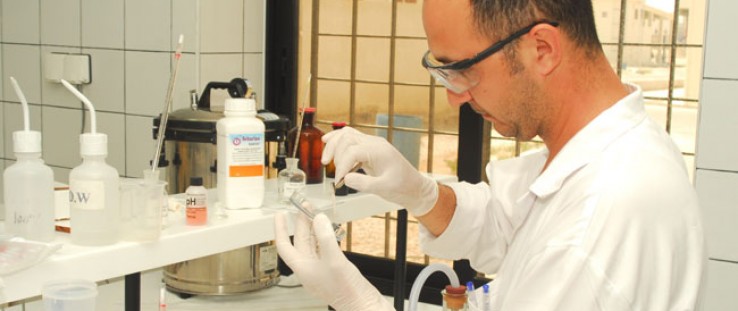 Testing water in a laboratory
USAID
Testing water in a laboratory
USAID
 Testing water in a laboratory
USAID
Testing water in a laboratory
USAID
One of the world’s most water-scarce countries with one of the fastest growing populations, Jordan has to make every drop of water count. USAID has invested nearly $600 million to support Jordanian efforts to develop water infrastructure and promote conservation since 2000. Now the focus has shifted to helping Jordanians improve water efficiency.
The water operators and maintenance technicians running Jordan’s 20 water treatment and desalination plants and more than 25 wastewater treatment plants are the unsung heroes of this effort to increase efficiency, working hard to deliver better and regular water supplies to Jordanian homes, farms and industries, according to Aiman Bani-Hani, a project management specialist in USAID’s Water Resources and Environment Office in Jordan.
A pioneering five-year program called Operations and Maintenance (O&M) training has established the first professional water certification program in Jordan. Internationally recognized, the certification program provides water specialists with the knowledge and skills to do their jobs, protecting water resources and systems, the environment and public health.
Launched in 2010, the program has provided 14 specialized courses in Arabic adapted from California State University-Sacramento, and awarded more than 300 certifications to more than 200 licensed operators through the end of 2012.
“Some of our water engineers and operators are dealing with the latest technology while others must manage older equipment,” says Adi Al-Najjar, O&M training program manager with Chemonics International, which implemented the USAID-funded project. “Whether new or old, plants need qualified O&M professionals to prevent contamination, leaks and disruptions of supply and to ensure optimal efficiency. The certification and training program is by far the best tool to yield such professionals.”
Teamwork
The project established a team of key Jordanian organizations in the water and wastewater sector to participate in building the program. This team has called for expanding mandatory training throughout the country, making their industry a role model for other professions in Jordan and the region.
Aqaba Water Company (AWC) is one of the major Jordanian water companies that depend on skilled O&M employees. AWC owns and operates both the water and wastewater systems in the southern governorate of Aqaba. It services more than 136,000 people in an area stretching 6,800 square kilometers, which includes the Aqaba Special Economic Zone, Jordan’s only outlet to the sea and an important commercial, industrial and tourist center.
“Since 2004, AWC has invested in state-of-the art technologies for efficiency to meet the challenges of handling diverse water sources and serve our dispersed customers, including some very high-use consumers like hotels,” says engineer and acting CEO Na’im Saleh. “We needed training to close the gap between our peoples’ skills and this new high technology but there was no center providing such professional training for water utilities in Jordan. The O&M certification program filled this gap, and we sent the maximum number of employees allowed by the program.”
This meant around a quarter of all the company’s O&M staff achieved certification. AWC links that higher level of knowledge with reducing the percentage of non-revenue water, or lost water, from 37 percent in 2004 down to 20 percent in 2012.
Preparation Pays Off
Training makes a difference during an emergency. The heavy rains that fell in October 2012, led to water rushing down the mountains into Aqaba, flooding large areas of the city.
“That evening, operators on duty at the wastewater treatment plant took their own decision to shut down the plant and divert the floodwater to avoid pollution and the rocky debris that could destroy the pumps,” recalls engineer Mohammad Al-Mahamid, manager of the AWC wastewater treatment plant. “In the past, we were working on theoretical knowledge from our background education and some guidance from experienced operators. This didn’t give us the confidence needed to face technical problems with correct diagnoses, decisions and standard procedures.”
As a result of their training, the certified operators made quick decisions that saved AWC over $140,000 (JD 100,000) in damages. During a bigger 2006 flood, before certification training began, improper staff response cost the company nearly $1.4 million (JD 1 million) in repairs.
Al-Mahamid trained for multiple certifications and now serves as an O&M trainer and course developer. He is one of more than 50 Jordanians who continue to deliver operator training and certification in Jordan and the Middle East region. He points out that “wastewater treatment has been considered ‘dirty’ work, but if operators are considered real professionals in the community with certifications linked to incentives, it will encourage our youth to choose this career.”
AWC management reports that the improved quality of recycled water also has led to increased demand recently. Providing treated wastewater for local industry, landscaping and agriculture saves 25 percent to 30 percent of the water pumped from aquifers—water that is saved for drinking.
The USAID-supported pilot program has trained only about 7 percent of all Jordan’s water and wastewater operators and maintenance technicians. Al-Najjar says he trusts that the local program partners will keep momentum going to fully institutionalize the certification program.
“This work will also enable Jordan to be a regional center of excellence for O&M training,” he says.
Aiman Bani-Hani sums up the project’s ongoing impact: “In some lucky parts of the world, safe and regular water supplies are taken for granted—you don’t even think about it. The legacy of this project is long-term, both in Jordan and the region: a standardized and accountable performance-based training and testing system for those unseen professionals who protect our water systems and conserve our limited resources. Thanks to them, our people have a better chance of water security for generations to come."







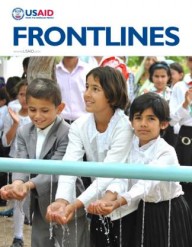

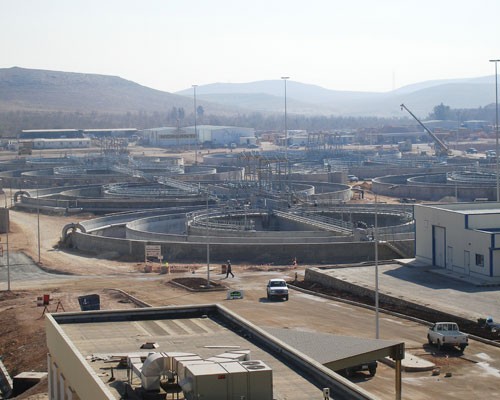
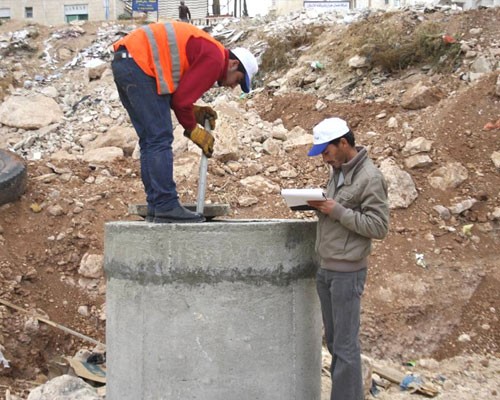
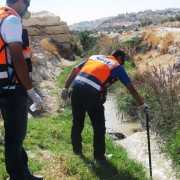
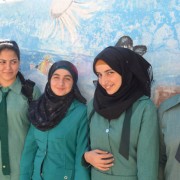
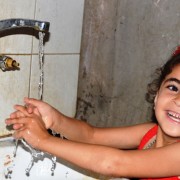
Comment
Make a general inquiry or suggest an improvement.